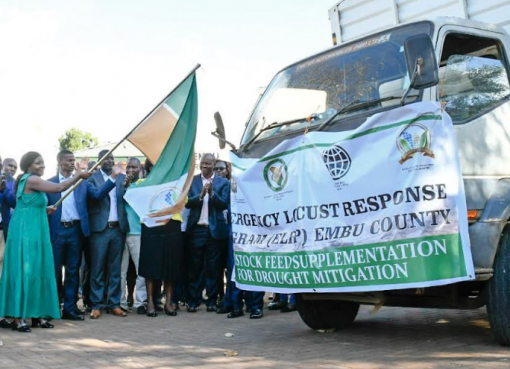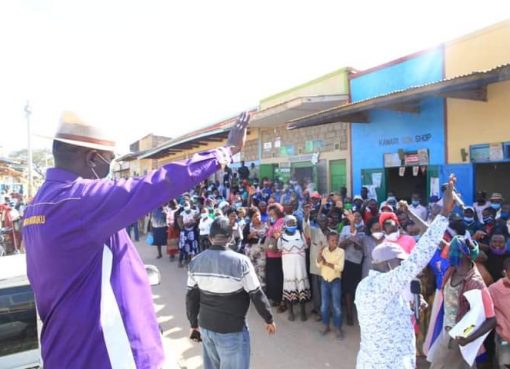The Kuku Group Ranch in the Central Division of Loitoktok Sub-county, Kajiado County, has initiated a land sub-division process for residents of Olorika, covering an expansive 18,996 hectares.
Solomon Kahenja, Chairman Kuku Group Ranch, explained in an interview that the division is aimed at ensuring justice and equal shares for all members, regardless of their social or economic standing.
The Chairman highlighted the importance of the ongoing register verification, where members from various villages confirm their names, based on a register established years ago.
“This process involves checking boundaries, confirming numbers of members, and subsequently starting the subdivision,” stated Kahenja.
Kahenja emphasized the need for this procedure to avoid incidents similar to those in Rombo, where imposters caused damage to the property of genuine ranch members.
“We want justice for everyone, offering equal shares to everyone regardless of social class of the members,” Kahenja stated.
The Chairman also revealed that the intention behind transferring the group ranch to private land, is to ensure a more secure and controlled environment for all members.
Area Chief, Joseph Mpatai, lauded the initiative, pointing out that the land sub-division process, would address issues such as members not appearing on the register or instances of duplicate entries.
He emphasized the importance of recording unregistered members during the comprehensive verification process.
Peter Memusi, the Group Ranch Treasurer, outlined the eligibility criteria for land allocation, stating that individuals must be registered members of the Ranch.
“With a total of over 6,000 registered members, the land Sub-division process is expected to bring about transparency and fairness,” noted Memusi.
Kuku Group Ranch comprises two distinct areas: Kuku ‘A’, encircling Chyulu Hills, serves as a conservation and grazing area, where settlement is not permitted.
On the other hand, Kuku ‘B’, designated for settlement and grazing, features an animal corridor connecting Amboseli to Tsavo.
As the verification continues, the issuance of land to eligible ranch members, is anticipated, marking a crucial step toward the equitable distribution of resources in the region.
By Lavinia Nungari and Kimani Tirus




